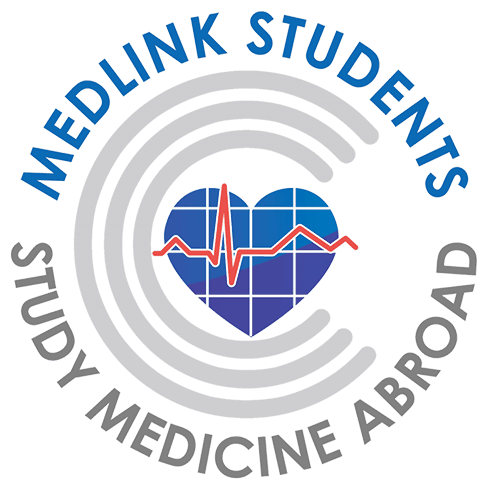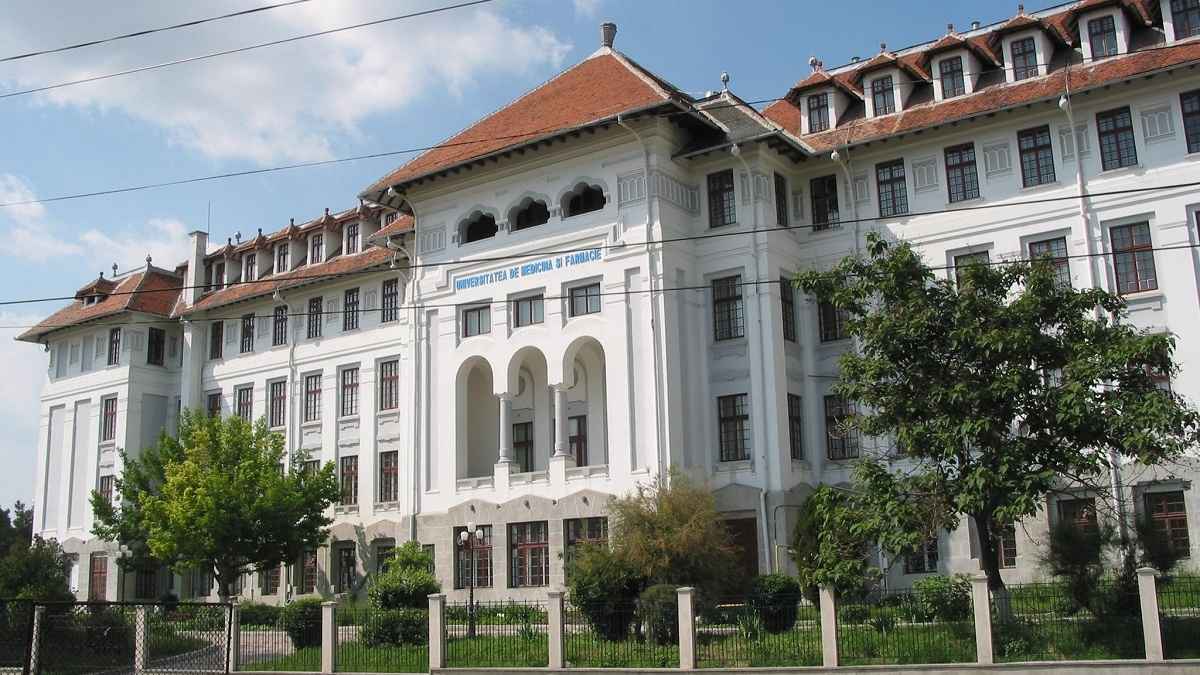How Many Years To Become a Doctor

“Whenever the art of Medicine is loved, there is also a love of Humanity.”
Hippocrates
Taking the Hippocratic Oath is a significant step for medical students on their journey to becoming doctors. The ability to save human lives, cure diseases, and restore smiles is truly the most profound privilege one can experience.
Becoming a doctor is more than just a skill or talent. It's a deep promise to help others. But remember, it's a tough journey and takes time.
First, you need to graduate from a medical university. After that, you will be required to undergo a foundation programme/internship. Lastly, you must complete 3 to 7 years of a residency programme or speciality training. In other words, being a fully certified specialist might take anywhere from 10 to 14 years.
This article clarifies all uncertainties regarding how long it takes to become a doctor, specifically if you study medicine in Europe and want to return to work in the UK.
Table of Contents
How long does it take to become a doctor in the UK vs Europe?
UK medical graduate pathway
As an applicant to study medicine in the UK, most medical universities will require you to have the following:
- High GCSE grades (7 GCSEs, including sciences, with 5 subjects in grades 9 to 7 (A* or A) and English and Mathematics at least grade 6 to 5 (B) )
- 3 A-levels at grade A in Chemistry plus one of the following: Biology, Physics, or Mathematics and one more academic subject
If you meet the academic requirements, you can choose the medical schools to which you want to apply. Therefore, you should sit either the UCAT or BMAT exam.
You can apply to only 4 medical universities in the UK on your UCAS application. It would be great if you were among the accepted students because the applicant-to-position ratio is around 3:1. This implies that entrance to UK medical school is extremely competitive.
UK medical students get their degrees after completing a 5-year medical programme. The next step is provisional GMC registration, followed by Foundation Year 1 training (F1). After completion of F1, junior doctors are eligible to apply for full GMC registration, followed by Foundation year 2 (F2).
After successful completion of both foundation years and obtaining CCT (Certificate of Completion of Training), students have two choices:
- The general practice vocational training programme lasts 3 years and turns junior doctors into General practitioners.
- Other speciality training programmes. They usually last between 4 and 7 years. Successful candidates are rewarded with the title consultant (specialist).
So, how long you are a junior doctor depends on which route you take and can range anywhere from 5 to 10 years in the UK.
Europe medical graduate pathway
6-Year Medical Course Path:
Suppose you choose to pursue an MD degree in Europe. In that case, you can benefit from many things, such as a worldwide recognised degree, various medical schools, less entry competition, and affordable tuition fees. Let's dive in a little bit more.
Unlike UK medical universities, European ones have more flexible entry requirements. What do we mean?
You don't need to sit either the UCAT or BMAT exam. An entrance exam may be required in Biology, Chemistry, Physics, or Mathematics. Simple multiple-choice questions may appear in specific tests. However, other exams may include open-ended or a combination of both questions. Your high school science grades may or may not be taken into consideration.
After being accepted into medical school in Europe, you will get your MD degree in 6 years. Your 6th year in the medical faculty in Europe is an internship. In most cases, your last year may be considered equal to F1.
So you have your MD degree and want to start practising in the UK. Easy! All you have to do is sit the PLAB or, in the future, UKMLA (we will bring it to light later) and apply for full GMC registration.
From there on, there is no difference in the career path for European and UK junior doctors.
4-Year Graduate Entry Path in Europe
There is an alternative option available for students who already have a bachelor's degree (preferably in biomedical or science-related fields): to enrol in a graduate entry medicine course.
These courses can recognise your previously studied subjects and will allow you to enter a 6-year undergraduate course at an earlier stage, shortening the overall time needed before you can go on to become a doctor. Currently, the top universities offering grad entry medicine in Europe are:
- Medical University of Silesia in Poland
- Poznan University of Medical Sciences in Poland
As an applicant, if you are exploring different pathways to start your medical education in Europe in English, you may find valuable information in our comprehensive guide to first-year entry into medicine, dentistry, pharmacy, and veterinary programs, which could help you understand the full range of your options.
Alternative 4-Year Grad Entry Medicine Route in the Caribbean
An exciting option for studying graduate entry medicine is enrolling in a 4-year MD programme in the Caribbean. The medical universities in the Caribbean follow the curriculum structure of the USA. This means that unlike in Europe, where you enter the medicine course at a later stage, the grad entry courses in the Caribbean are designed to be a 4-year stand-alone programme.
An even more exciting fact is that Medlink Students is partnered with one of the best medical schools in the Caribbean that offers a graduate entry path in Medicine - Richmond Gabriel University College of Medicine (RGU).
This partnership gives us the opportunity to provide exclusive scholarships that can significantly reduce your tuition fees. In order to qualify for these scholarships, we will need to evaluate your previous academic record, and most importantly, you need to apply through Medlink Students.
Another fantastic option for a 4-year MD in the Caribbean is Ross University School Of Medicine. It's one of the "Big 4" Caribbean medical schools and is known for providing a truly comprehensive education.
You can sign up for a free consultation with one of our knowledgeable expert advisors, who can guide you towards choosing the path that is best suited for you. If you are interested in studying at RGU in the Caribbean, we will also be able to carry out a free evaluation so you can know how big of a scholarship you can earn.
Steps to Becoming a Medical Practitioner
So let's summarise each milestone in your future as a physician who has studied:
In Europe:
- Accepted into medical school
- As an undergraduate student - 6 years
- As a graduate student - 4 years or less
- Getting your MD degree
- Taking the PLAB/UKMLA exam
- Full GMC registration
- Speciality training - 3 to 7 years
In the UK:
- UCAT or BMAT exam
- Accepted into medical school
- As an undergraduate student - 5 years
- As a graduate student - 4 years
- Getting your MD degree
- Taking the UKMLA (for students who graduate in the academic year 2024-2025)
- Provisional GMC registration
- Foundation year 1 - 1 year
- Full GMC registration
- Foundation year 2 (1 year) or working in unsupervised medical practice in the NHS or UK private practice
- Speciality training - 3 to 7 years
To learn more about medicine courses in Europe, read our article "How long is a medical school in Europe".
How long are doctors junior doctors?
How long you're a junior doctor depends largely on where you're planning to study and practise. In the UK, you have to go through 2 years of foundation training, and then you can either train to be a general practitioner (3 years) or decide to specialise (up to 8 years), meaning you can be a junior for up to 10 years. It's also very similar in the USA, Canada, and Europe, where it can take anywhere from 3 to 10 years.
Generally, the question of how long a doctor is a junior doctor can be answered with between 3 to 10 years.
“Health is the greatest of human blessings.”
Hippocrates
We would like to include that doctors are the greatest heroes.
Medlink Students encourage you to embrace yourself with patience, self-motivation, and courage and go after your dream. We will be right next to you until you wear your white coat!
Leave a Reply

About Medlink Students
Leading international recruitment company for medical students in Europe. British Council Certified Agents. 10+ years of experience and more than 10,000 students advised.








